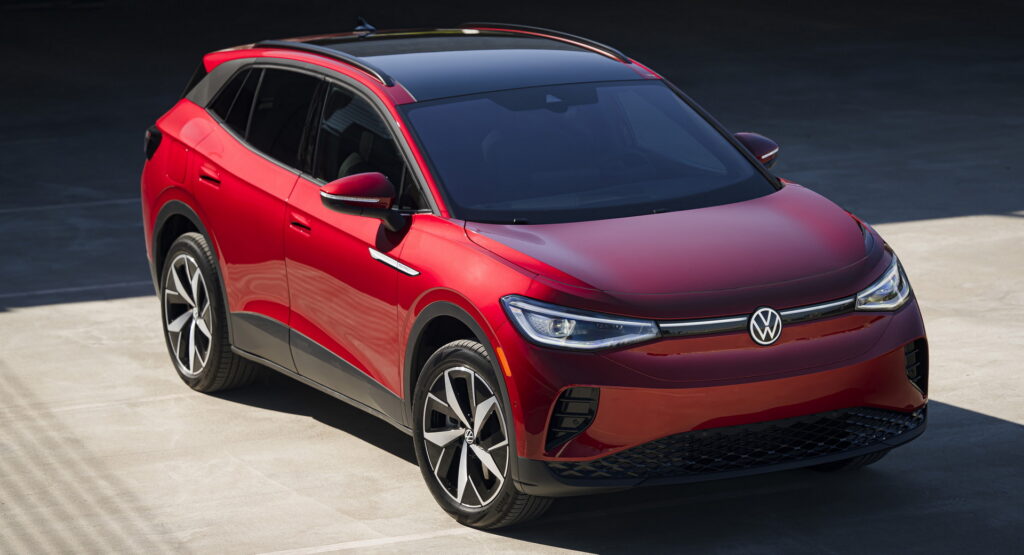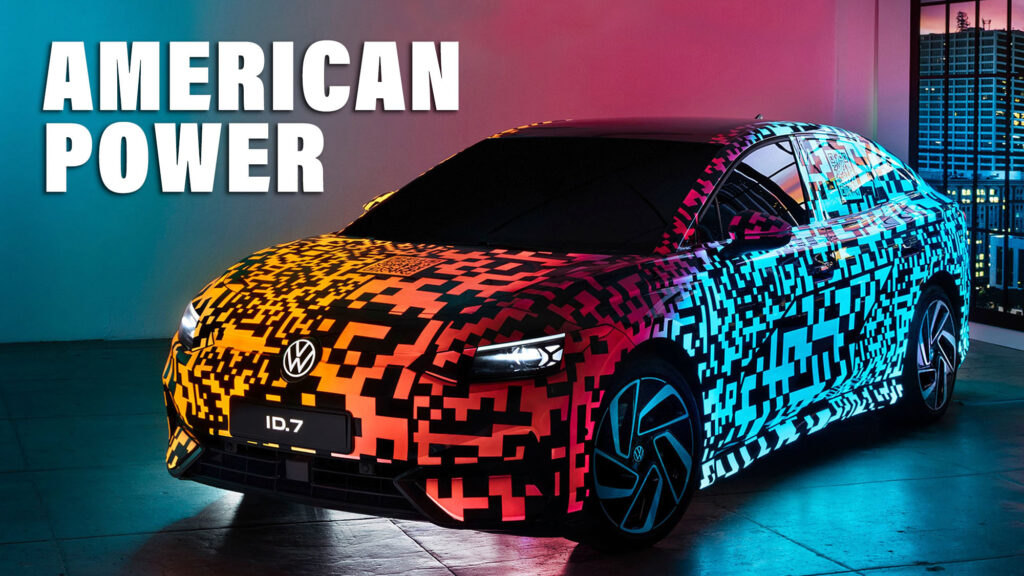The U.S. Inflation Act was designed to boost the North American car industry, but in doing so it’s causing a nightmare for the ones based in Europe and Asia, making them reevaluate existing plans to ensure they can compete in the lucrative American market.
This week it emerged that Volkswagen has paused its plan to develop a new battery plant in Eastern Europe, and is instead prioritizing the build of a facility in North America that would allow it to benefit from U.S. government subsidies.
Volkswagen estimates it can rake in €9-10 billion ($9.5-10.5 bn) in subsidies and loans from the Inflation Act, according to The Financial Times, and has made EU officials aware of just how big the carrot is that the U.S. government is dangling. The FT says VW chiefs are holding off on the proposed Eastern Europe battery plant until they see what, if any, financial incentives the EU can offer in return.
Related: Tesla To Prioritize U.S. Over German Battery Production Sparking Concerns In Europe

Writing on LinkedIn, a senior VW engineer present at the meeting warned that Europe risked missing out on “billions” of investments in the years ahead if Europe didn’t provide state aid and low-cost green energy. And he explained that the German automaker was making “much faster progress” with its plans for battery plants in North America than it was with the Eastern Europe proposal.
Former VW boss Herbert Diess announced two years ago that the company would build six gigafactories in Europe, though the FT reports that VW’s CFO, Arno Antlitz as saying it would have built a North American factory anyway. But Antlitz admitted that the passing of the Inflation Reduction Act had fast-tracked the American program.
Last month Tesla confirmed that it was also concentrating on developing battery production in North America rather than Europe due to the incentives offered by the Inflation Reduction Act.




